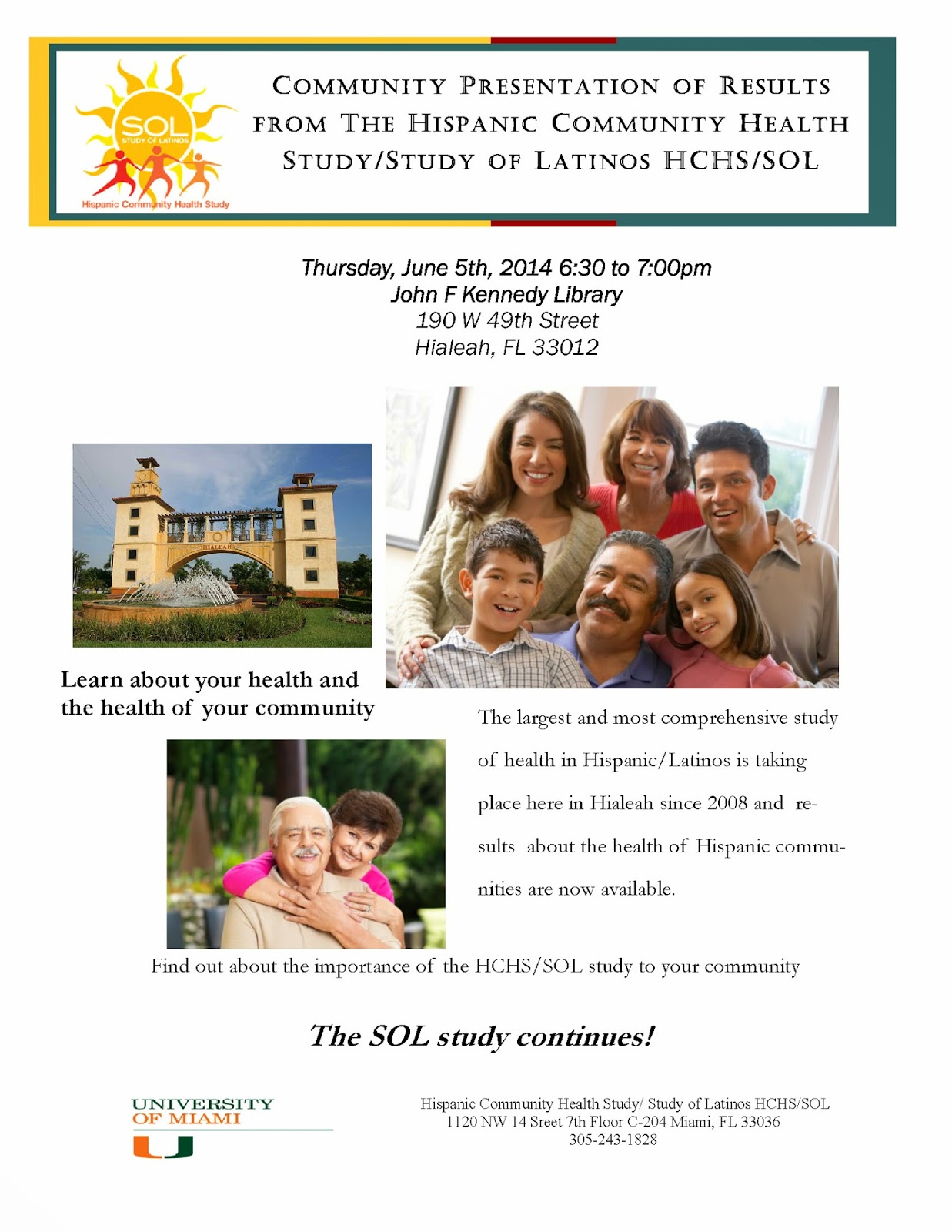¿Qué es la pérdida de audición relacionada con la edad? — Cuando las personas hablan de pérdida de la audición relacionada con la edad, por lo general se refieren a un padecimiento llamado “presbiacusia”. Este padecimiento se vuelve más común con la edad y afecta a más de la mitad de todos los adultos para cuando cumplen los 75 años.
La presbiacusia hace que la persona pierda lentamente la audición en ambos oídos y afecta principalmente la nitidez con la que se escuchan los sonidos agudos. Eso significa que una persona con presbiacusia podría tener problemas para escuchar el canto de un pájaro o el teléfono, pero puede escuchar un camión que pasa haciendo un gran estruendo. Además, las personas con presbiacusia a menudo descubren que tienen problemas para oír en lugares donde hay mucha gente.
La presbiacusia es solo una de las formas de pérdida de audición que aparecen a medida que la persona envejece. Existen otros padecimientos que afectan la audición y que también se vuelven más frecuentes con la edad. El más común es un padecimiento llamado tinitus, que hace que la persona escuche un tintineo, zumbido, siseo o rugido en uno o ambos oídos. A menudo, la presbiacusia y el tinitus ocurren juntos.
¿Cuáles son las causas de la pérdida de audición? — Cuando los médicos hablan de pérdida de la audición, con frecuencia hablan de:
- Pérdida sensorineural de la audición – Este tipo de pérdida de audición se produce cuando se dañan los nervios del oído que registran los sonidos y envían mensajes al cerebro. La presbiacusia es un tipo de pérdida sensorineural de la audición.
- Pérdida conductiva de la audición – Este tipo de pérdida de audición se produce cuando los sonidos no pueden llegar al oído interno debido a problemas en el oído medio o externo (figura 1). Por ejemplo, la pérdida conductiva de la audición puede producirse si tiene demasiada cera en la oreja y los sonidos quedan silenciados. También puede pasar si tiene una infección de oído y partes del oído están inflamadas o llenas de líquido.
- Pérdida de audición mixta – La pérdida de audición mixta se produce cuando los dos tipos mencionados arriba se producen al mismo tiempo.
¿Debo consultar a un médico o enfermero? — Consulte a un médico o enfermero si se da cuenta de que cada vez tiene más problemas para escuchar, o si un ser querido piensa que a usted le está costando escucharlo o entenderlo.
La presbiacusia se presenta lentamente a lo largo del tiempo, así que es posible que no note los cambios, pero si de repente deja de escuchar (en cuestión de horas o de un día), debe consultar inmediatamente a un médico o enfermero. Es posible que tenga un problema más grave que la presbiacusia. La pérdida repentina de la audición puede ser causada por una infección o acumulación de cera en el oído. También puede ser el resultado de un problema en el nervio del oído, lo cual debe tratarse con medicinas para prevenir la sordera permanente.
¿Debo hacerme alguna prueba? — Su médico o enfermero probablemente comenzará por mirar el interior de su oído con un instrumento especial llamado “otoscopio”. De esa forma, puede verificar si tiene algo inflamado, bloqueado, lastimado o infectado. Su médico o enfermero decidirá qué pruebas debe hacerse según su edad, sus antecedentes médicos, otros síntomas y su examen físico. Si sospecha una pérdida de audición, probablemente le indicará una prueba llamada “audiograma”.
Un especialista en audición, llamado “audiólogo”, realiza el audiograma. Para realizar la prueba, debe colocarse unos auriculares. El audiólogo reproduce sonidos en un oído a la vez y le pide que indique cuando escucha los sonidos. Esta prueba muestra la gravedad de su pérdida de audición y si afecta a ambos oídos de la misma forma.
¿Cómo se trata la pérdida de audición? — Si tiene presbiacusia, su médico de los oídos (llamado “otorrinolaringólogo”) probablemente le recomiende usar un auxiliar auditivo, pero si también tiene otros problemas de audición, es posible que necesite tratamientos distintos. Por ejemplo, si tiene demasiada cera en sus oídos, el médico o enfermero puede enseñarle cómo sacársela. Si tiene un tintineo o zumbido en los oídos causado por tinitus, es posible que deba aprender formas especiales de manejar ese problema.
- Auxiliares auditivos – Quizás no desee usar auxiliares auditivos porque le avergüenzan o porque piensa que no funcionan. Si su médico le recomienda que use uno, trate de tener la mente abierta, incluso si ya lo usó en el pasado. La tecnología de los auxiliares auditivos mejoró muchísimo. Actualmente existen muchos tipos distintos de auxiliares auditivos que puede probar. Es posible que deba probar varios antes de encontrar el tipo adecuado para usted y la configuración correcta, pero los auxiliares auditivos realmente pueden ayudar. La clave es trabajar con el médico de los oídos hasta encontrar la mejor opción para usted. Infórmele siempre si tiene problemas con la forma en que suenan o se ajustan sus auxiliares auditivos.
¿Se puede prevenir la pérdida de audición? — Sí. Algunas formas de pérdida de audición pueden prevenirse. Para proteger su audición, lo más importante es evitar los ruidos fuertes. Si debe estar en un lugar donde hay ruidos fuertes, utilice tapones para oídos para protegerlos.


















